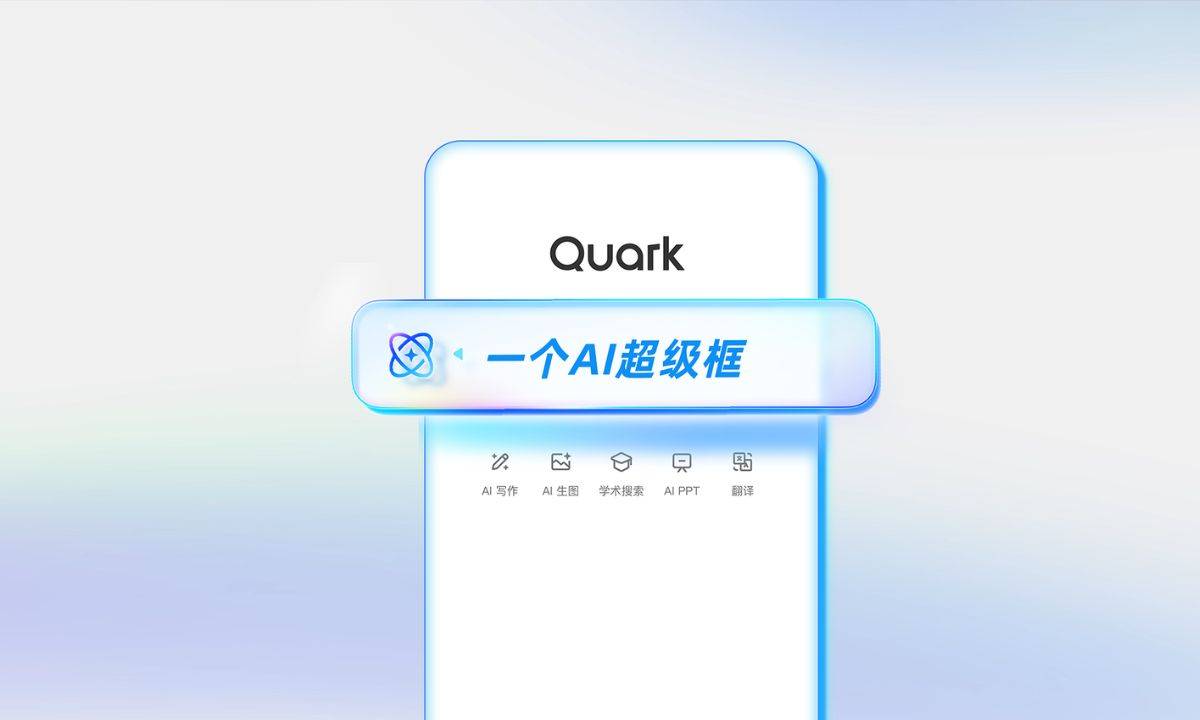
Unveiling a broad strategy to speed development of China’s booming mobile Internet, Alibaba Group yesterday announced a program that opens up the e-commerce company’sbig online-shopping websites to independent mobile-app developers.
The program—named Baichuan (hundreds of rivers)—offers retailers and developers outside the company extensive technical support so they can connect with Alibaba’s e-commerce ecosystem, which includes leading C2C and B2C shopping websites Taobao Marketplace and Tmall.com as well as popular smartphone shopping apps Mobile Taobao and Alipay Wallet.
Alibaba is inviting developers to create innovative, unique mobile-shopping apps, social-sharing apps, location-based services, online-to-offline services and other smartphone-enabled solutions, integrating them with Alibaba’s sites.
At the company’s Mobile Strategy Day held in Beijing yesterday, Alibaba Group COO Daniel Zhang said Alibaba Group has built up “mature e-commerce infrastructure and capacity.” Now, with the explosion of the mobile Internet in China, demand is growing for smartphone solutions that are tailored to niche markets and individual user needs—demand that Alibaba cannot meet alone.
“With increasingly diverse applications, services and consumer needs, wehave to remove restrictions ‚Ķ in our ecosystem,” Zhang said. By opening up Alibaba’s platforms and sharing details of the company’s proprietary technology, partners and app developers will be better able to build “personalized servicesfor users in the mobile era,” he said, adding that “all mobile products and services can be turned into commerce.”
Through the Baichuan program, developers gain access to software programming and data-analytics tools so they can build mobile apps that work with and share information over the company’s vast e-commerce and data systems.
AliCloud, which operates the network infrastructure behind Alibaba’s websites, will provide developers with technical support, including software development kits and private mentoring in the areas of software architecture and data security, among other key development issues. Alibaba-owned mobile app analytics provider Umeng will kick in tools so developers can build solutions that harvest transaction data andspot consumer buying patterns on Alibaba platforms, enabling tailored personal services such as product recommendations and ads served to individual customers via cellphone.
By joining Baichuan, development teams “no longer need a CTO (Chief Technology Officer),” said Alibaba Group Vice President Wang Xiruo. “A product manager full of ideas could quickly develop an outstanding app.”
Baichuan is expected to make app creation cheaper and faster, and therefore more profitable for struggling start-ups. Without giving much detail, Alibaba is also dangling the offer of financing and venture capitalforpromising mobile start-ups, as well as offering to provide workspaces in Alibaba offices in Beijing, Guangzhou, Shanghai, Hangzhou and Chengdu.
Alibaba will benefit because the initiative will boost the variety and number of mobile apps available within its ecosystem. The companyis already dominant in PC-based online shopping in China, but as more consumers move to mobile devices to communicate and shop, Alibaba must move quickly into the fast-changing and highly competitive mobile realm to maintain its e-commerce advantage.
By enlisting an army of independent mobile developers, Alibaba will be able to introduce millions of products and merchants from Taobao and Tmall to a growing mass of mobile users. Mobile transactions will also be simplified because in-app integration should allow consumers to log in and buy products via their Taobao accounts without having to go to Alibaba Group websites.
Amobile developer that has been working closely with Alibaba is Shanghai-based Liuyou Pet Information Technology, creators of a social-sharing app for pet lovers thathas garneredmore than 150,000 users after launching in February.
The company’s CEO, Zhang Fan, said because users exchanged lots of information about the products they used to feed and care for their pets, they needed a way to easily purchase those products from legitimate stores.
After working with Alibaba for two months, the app now offers mobile access to more than 100 pet food suppliers with in-app purchasing and delivery tracking. Users can even buy vouchers for pet grooming that can be redeemed at local pet salons.
“Alibaba has accumulated so much in areas like technology, customer sales, e-commerce and data analysis over the past 15 years,” Zhang said. “This can benefit a start-up like us. For example, it would take us a long time to develop instant-messaging software, which is a necessity for a mobile app.
“Under the (Baichuan) program, we can easily adopt Aliwangwang (Alibaba’s e-commerce messaging software) for our app,” Zhang said.




